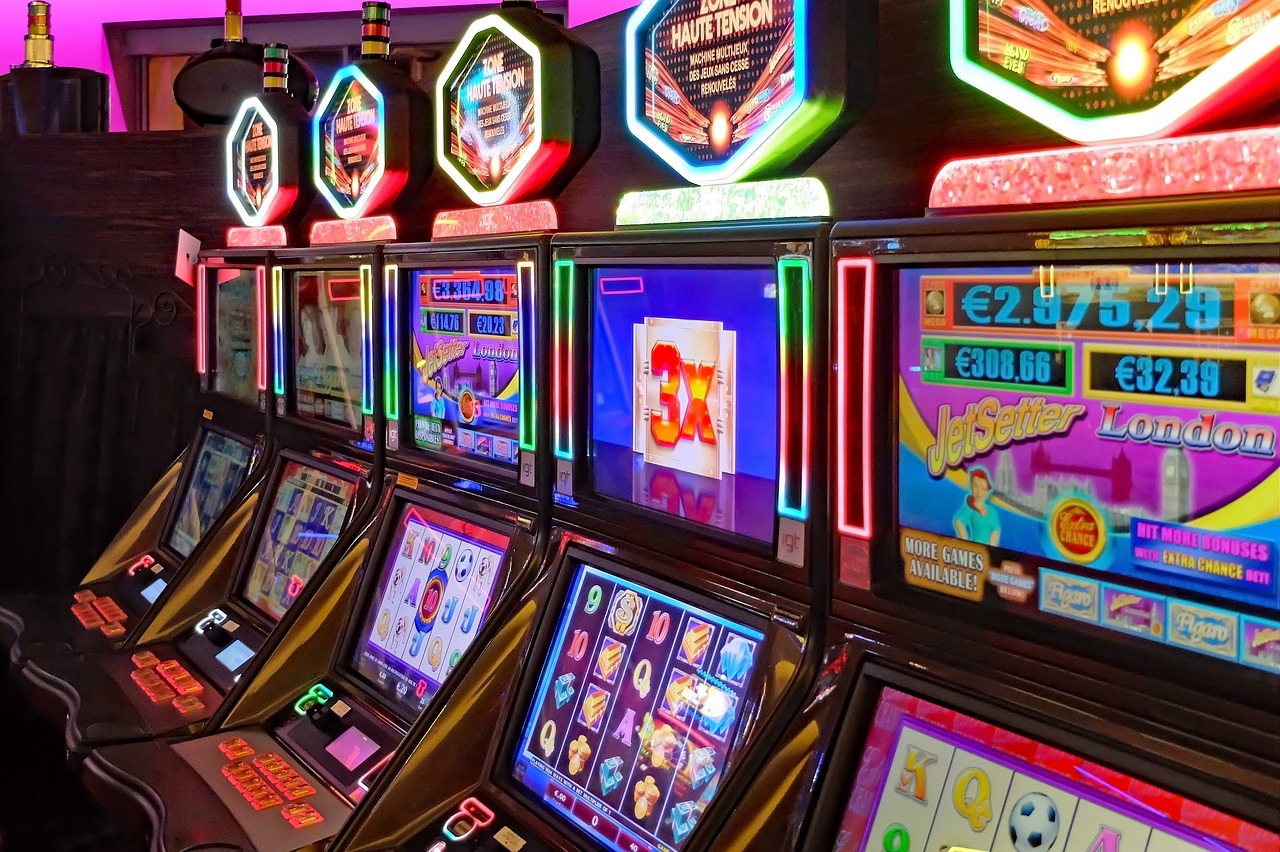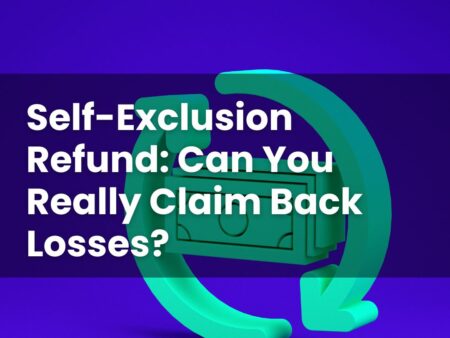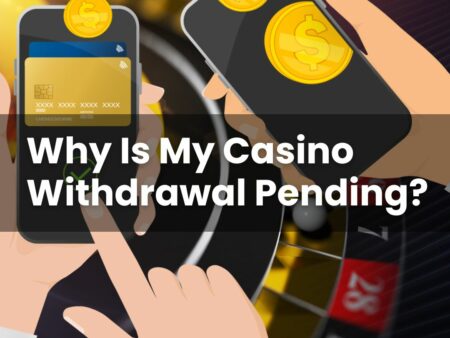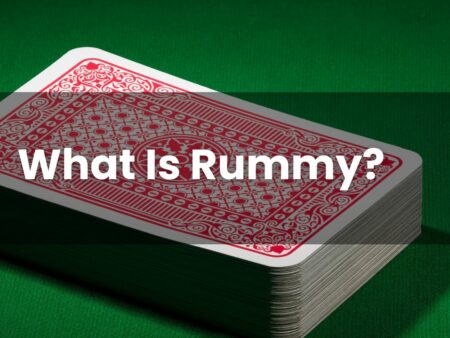

Slot machines are a popular attraction for many who enjoy a flutter at online casinos. But does the amount of money you feed into the machine have any effect on your chances of winning?
Some might believe that putting more money in will increase their odds, while others think sticking to smaller bets is the wiser move. When it comes to slot machines, the relationship between how much you wager and the outcomes might not be as straightforward as it seems.
Understanding how slot machines work is key to making informed decisions. In this post, we’ll explore how the amount you bet can impact your gameplay.
Ready to learn more? Let’s dive in!
Do Slot Machines Know How Much Money You Put In?
Slot machines don’t have a memory, so they can’t keep track of how much money you’ve put in or how much you’ve previously won or lost. Each spin is entirely random, thanks to something called a Random Number Generator (RNG).
The RNG ensures that every spin is independent of the last one, which means that the machine doesn’t know if you’ve been playing for hours or if you’ve just started. This randomness is what gives every player, regardless of their bet size, a fair chance.
What does impact your game, however, is the denomination of the slot machine and the size of your bet. Higher denomination machines often have better payout percentages, but they also cost more per spin.
Therefore, it’s important to set a budget that you’re comfortable with and stick to it. Playing a higher denomination slot or betting more per spin can increase your potential winnings, but it also increases your risk.
Understanding these factors can help you make more informed decisions when playing. The key is to enjoy the experience without expecting guaranteed returns.
How Much Money Do Slot Machines Hold?
One of the interesting aspects of slot machines is how they handle money. In a land-based casino, a slot machine is equipped with a hopper that holds the coins or tokens you insert. The capacity can vary between different machines, but generally, a slot machine can hold hundreds, if not thousands, of coins at a time.
For online slots, the process is a bit different. Here, your money is not physically held by a machine but managed within your online casino account. Every bet you place deducts from your account balance, and any winnings are added back to it instantly.
Whether physical or online, the balance you see on your screen reflects the money you have available to play with. For online slots, it’s always a good idea to keep an eye on your balance to ensure you’re gambling responsibly.
Casino operators, whether land-based or online, are required to keep sufficient funds available to cover potential payouts. This ensures that all winnings can be paid out promptly and fairly.
Do Slot Machines Have To Pay Out?
Slot machines are designed to provide entertainment, but the outcome of each spin is entirely random. They do not have a fixed schedule for paying out winnings. Instead, they operate based on a principle called Return to Player (RTP).
RTP is a percentage that indicates how much of the total money wagered on a slot machine is expected to be returned to players over time. For example, a slot with an RTP of 95% means that, theoretically, for every £100 wagered, £95 will be paid back to players, while £5 is kept by the casino. It’s important to note that RTP is calculated over thousands of spins, not just a single session.
Legally, licensed casinos must ensure that their slot machines meet certain RTP standards, as set by regulatory bodies like the UKGC. This regulation ensures fairness but does not guarantee individual payouts.
It’s also crucial to understand that slot machines use Random Number Generators (RNGs) to determine the outcome of each spin. This means that each result is entirely independent of previous or future spins, ensuring fair play.
Slot Machine Backing: Does It Mean It’s Going To Pay?
You’ve probably heard the term “slot machine backing,” which refers to the sound of coins dropping into the back of the machine. Some people believe that this indicates the machine is getting full and is ready to pay out.
However, this is a myth. Slot machines do not pay out based on how full they are. The sound of coins is simply part of the machine’s mechanics and doesn’t influence its payout behaviour.
Modern slot machines, especially online ones, don’t even use coins. They operate using digital balances and utilise Random Number Generators (RNGs) to ensure each spin is entirely independent. This means that the machine doesn’t keep track of past wins or losses.
Understanding that slot machine outcomes are random can help you enjoy the game for what it is—entertainment. The perceived “backing” sound is just noise and doesn’t impact your chances of winning.
Does It Matter How Much Money You Put In a Slot Machine?
The reality is that slot machines use a Random Number Generator (RNG) to determine the outcome of each spin. This means that every spin is entirely independent, and luck plays the biggest role.
However, the size of your bet can influence certain aspects of your gameplay. For instance, some slot machines offer higher payouts or access to special features and bonuses when you place larger bets. This doesn’t change the randomness of each spin, but it does mean that larger bets could result in bigger wins when you do hit a payout.
What About Denomination: Does That Matter?
When discussing slot machines, the term “denomination” refers to the value of each coin or credit you play. Slot machine denominations can range from pennies to pounds, and the choice of denomination can significantly impact your gaming experience.
Higher denomination slots often have better payout percentages, meaning they return a higher percentage of the money wagered over time compared to lower denomination machines. This makes them an attractive choice for some players. However, it’s essential to consider that higher denominations also involve higher risks, as each spin costs more.
For example, a £1 slot may have a higher RTP (Return to Player) than a 1p slot, but you can quickly exhaust your budget if you’re not careful. Therefore, it’s crucial to balance the potential for higher payouts with how much you’re willing to spend per spin.
Choosing the right denomination depends on your budget and comfort level. If you’re new to slot machines or prefer longer play sessions, lower denomination slots might be more suitable. For seasoned players with a bigger budget, higher denomination slots can add extra excitement and potential winnings.
Always remember to play within your means and choose denominations that allow you to enjoy the game responsibly.









